
5 steps to Foster the Fearless Child!
As a child I grew up curious about everything. I wanted to know how things worked, how they were assembled and what they could do differently. I still, to this day, want to solve a Rubik’s Cube (even though I haven’t focused a full hour on YouTube to make it happen!)
I wanted to be like the Olympians when I watched them win the Olympics. I could feel from my living room as a child, the rush they must feel from being #1. I would practice my cartwheels and flips on the couches. I would dream of someday being amazing too.
I would be the first to volunteer myself to go on stage during an assembly. I would write the poems for the competitions and submit the short stories. Sometimes I won! I would try out for every play,every sport,and if I didn’t get picked I would try again another time.
I would talk other kids into trying new things. I would explain bravery as a child and go first just to eliminate their fears. I was not afraid of anything.
When I grew up and had kids I decided I would make them try everything. If they feared the unknown I would push them just enough to step out of their comfort zone. Sometimes they would surprise me and do things I could never even dream of.
At the age of 7 my daughter jumped off of a 50 foot cliff at Lake Dudu in the Dominican Republic. Teachers would call from school to tell me about my child’s imagination and how she was telling children great fish stories. Imagine the teachers disbelief when I verified her stories and sent pictures in as proof.
I have and will always remain shocked at the child that won’t try the unfamiliar and the parents that encourage this behavior. I wondered what the parents did differently when raising their children compared to how I am raising mine or more importantly how my parents raised me.
I have analyzed this closely and read tons on how to foster confidence in a child and allow them to experiment with their own comfort boundaries.
So what are the 5 major parenting/teaching roles you must foster in your child/student to create a brave and fearless (in the right areas)child/student.
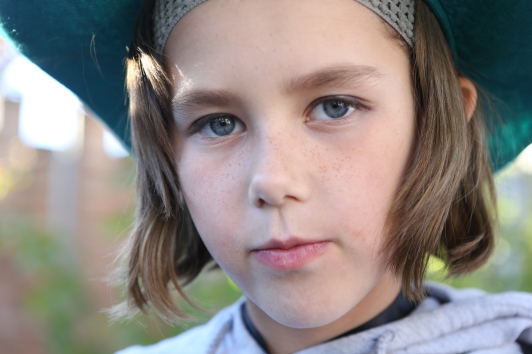
1. Keep your life long fears away from your child/student.
Parents/teachers that are afraid to swim will often (not all times) never allow their children/student to swim. If you don’t like broccoli,tuna fish,or string beans, keep it to yourself and allow the child to try it anyway. Plenty of times parents will suggest their child doesn’t like something. That’s fine however allowing them to try it again and again is not a bad thing. Not to mention people change their minds daily and so do young children. They will also follow the lead of other adults or children and try something that may surprise you.
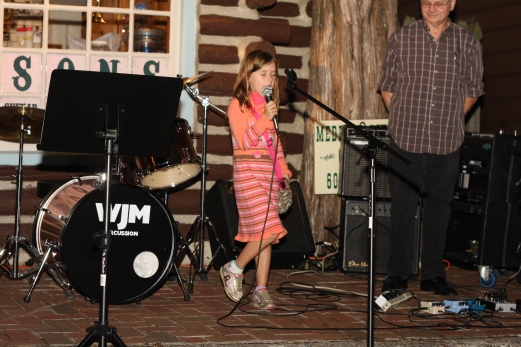
2. Give your child/student their own voice and allow them to use it.
Children from a young age will tell you “No” without any warning. “No, I dont want that, no I dont like that, no I’m not eating that, no I’m not doing that,ect!” Allow them to use their voice if they dont like something. Try not to micromanage the things they like or dont like. Its OK at 7 if your son doesn’t like Thomas the Tank Engine anymore. They are going to eventually grow up. Teach them to use their voice!
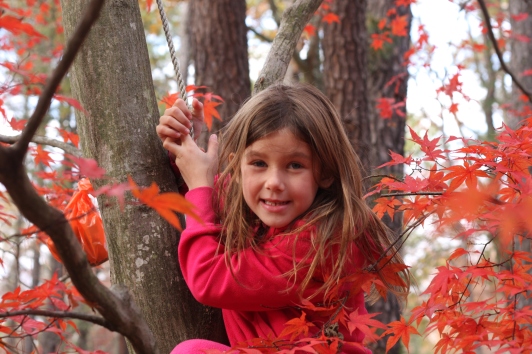
3. Let your child/student be brave and push boundaries.
Naturally children will try your patience and do things that you dont want them to do. Pay attention to the timing of this situation. If you are being pushed and no harm can come of the bravery that is being displayed, then allow the push on your boundary. Let the child learn that pushing can lead to winning. This will create the essential skill of advocating for oneself, being a self starter and not being afraid of a little challenge.
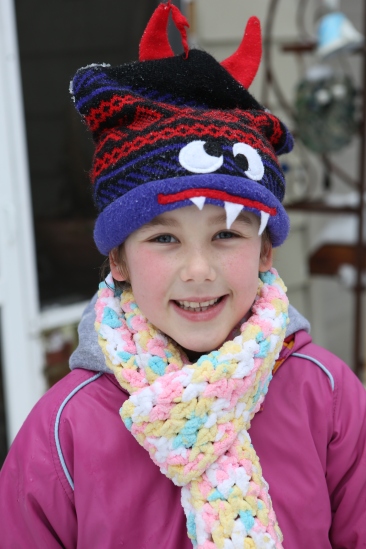
4. Support your child/student with all safe choices even if you disagree.
If your child wants to be a snowboarder but you think it is unsafe, maybe its time to back off a bit. Let your child attempt greatness in areas that you would never try. If your child wants to try out for a play however you dont think they will make it, let them try out. Its not the end of the world if they fail even if you thought they might. Children need to learn that some things in life dont come naturally and sometimes you aren’t going to get the lead role.
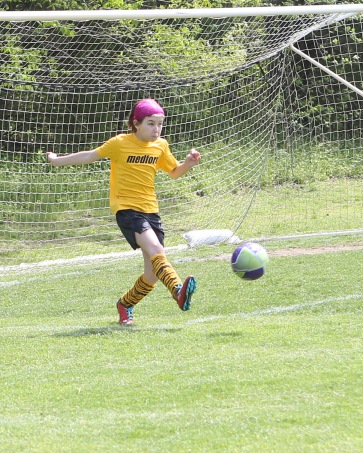
5. Foster your child/student to dream greatness.
Allow them to design their road map to success. If they decide they want to be a pilot at the age of 9 or a famous soccer player at 4, support the dream. Children can learn in their own time that life can be disappointing. As parents and educators it is our job to keep children dreaming until they are 99!
“F-E-A-R has two meanings: ‘Forget Everything And Run’ or ‘Face Everything And Rise.’ The choice is yours.” ―Zig Ziglat